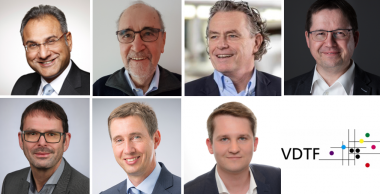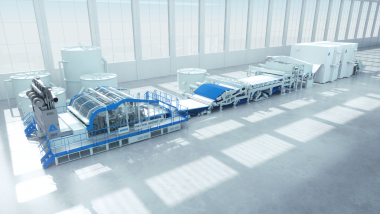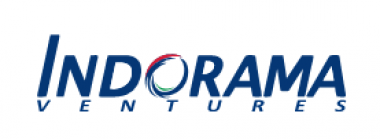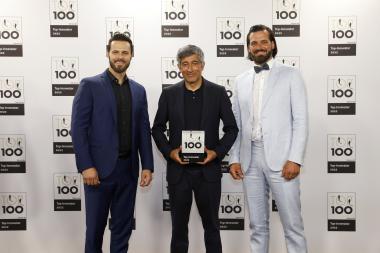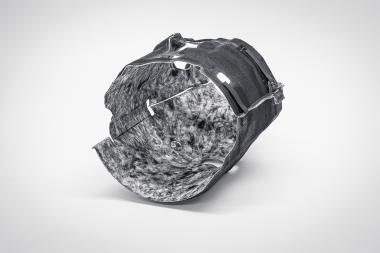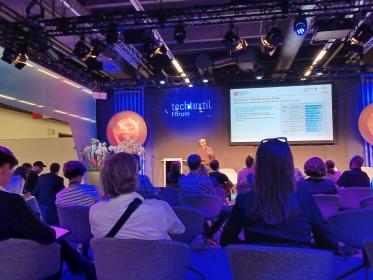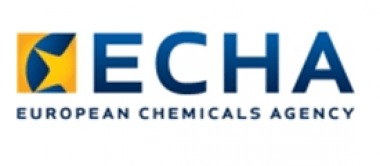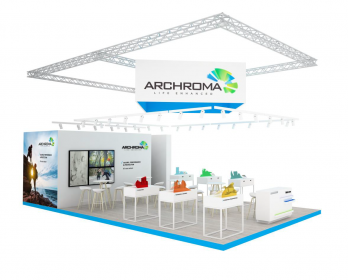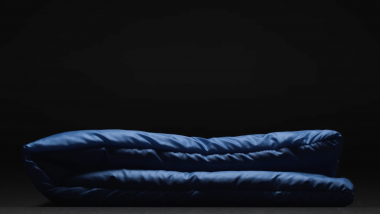Award for best master's thesis of the German Textile Mechanical Engineering 2022 goes to young engineer of ITA Aachen
The 2002 prize of the Walter Reiners Foundation of the VDMA Textile Machinery Association for the best Master's thesis in German textile mechanical engineering was awarded to a young engineer from the ITA Institut für Textiltechnik of RWTH Aachen University. The prize ceremony took place at Techtextil 2022 in Frankfurt am Main, Germany. Peter D. Dornier, Chairman of the Board of the Walter Reiners Foundation, presented the award at the VDMA Textile Machinery Association’s booth.
Felix Xaver Zerbes, M.Sc., was awarded the "Promotional Prize for the Best Master's Thesis of the German Textile Machinery Industry 2022", endowed with 3,500 EUR, for his master's thesis "Development and Construction of a Separation Unit for Weft Yarns in Air Jet Weaving".
The subject of the master's thesis was the development of a mechanism with which faulty sections in the weft yarn can be sorted out before they are woven into the textile. This way, both yarn-related weft defects and material defects can be drastically reduced. The prototype developed by Mr Zerbes shows how this can be done even during the ongoing weaving process without having to stop production. Due to its modular design, the yarn rejection unit can be retrofitted to many different types of air-jet weaving machines, which represents an enormous savings potential not only in Germany but in weaving mills all over the world.
Walter-Reiners-Stiftung Walter Reiners-Stiftung RWTH Aachen, ITA, Textiltechnik weaving machines
ITA – Institut für Textiltechnik of RWTH Aachen University






